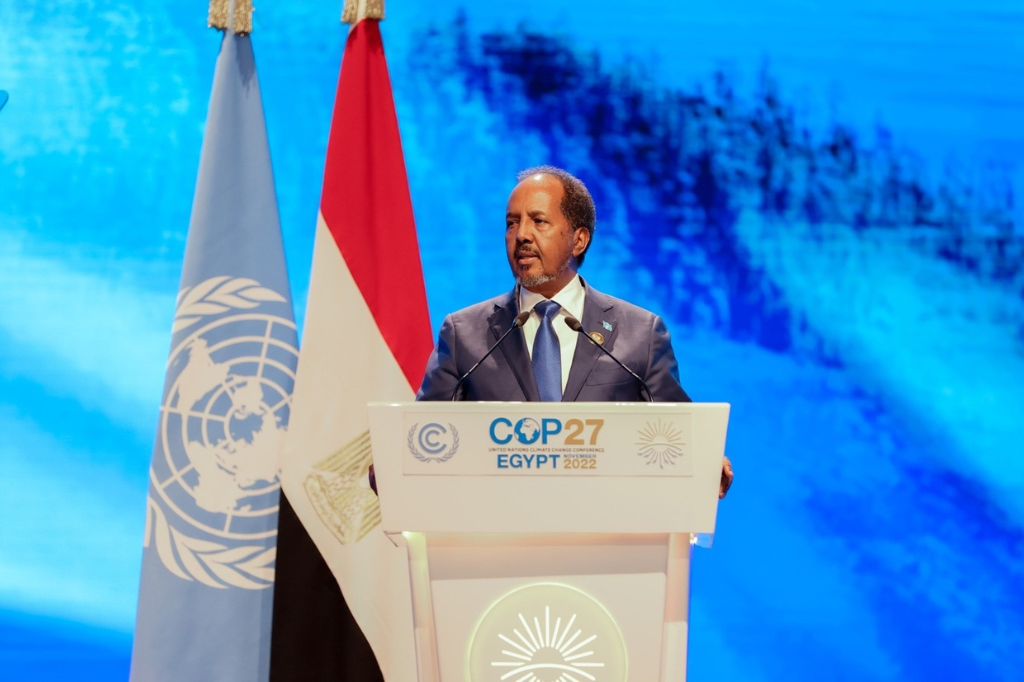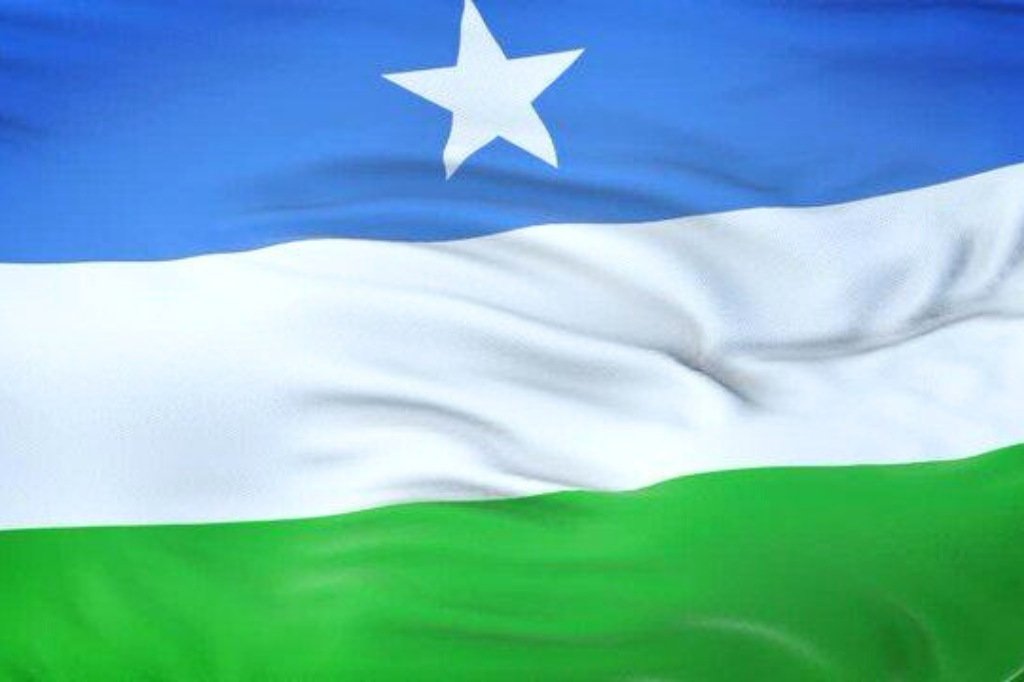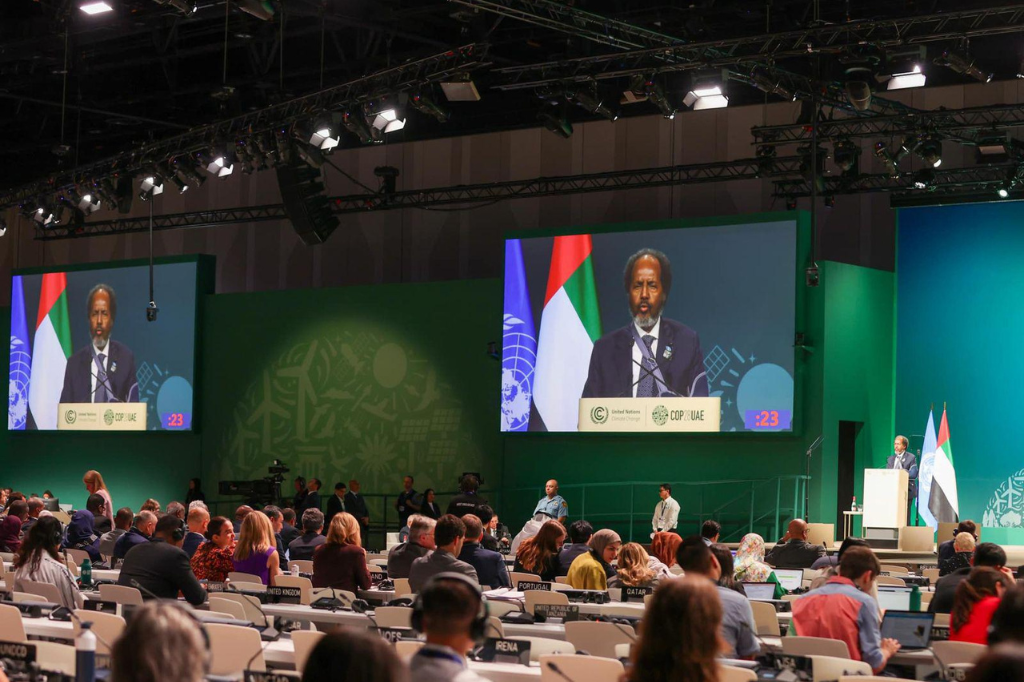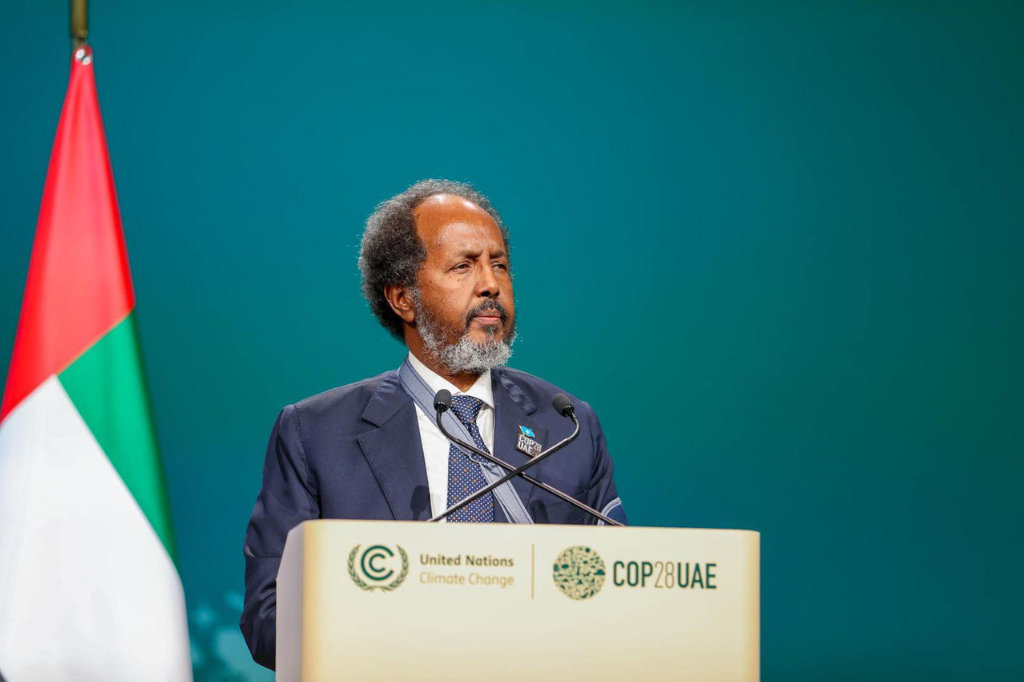
Climate Change; a Shared Global Concern

For 27 years now, the annual Conference of the Parties (COP) has been the cause célèbre of international climate talks. This year, the city of Sharm El Sheikh in Egypt has played host to hundreds of world leaders and climate advocates deliberating on the future of the planet in the wake of the ravaging impact of climate change.
Officially known as the United Nations Climate Change Conference (UNCCC), the conference has been organized annually since the first UN climate agreement in 1992. This year’s event began on November 6 and is scheduled to conclude on November 18. More than 90 heads of state and 190 government representatives are currently deliberating on various policies to limit global temperatures, and how to adapt to the impact of climate change. This is the third time the conference is taking place in Africa, with similar conferences having taken place in Marrakech, Morocco in 2001 and Nairobi, Kenya in 2006.
The impact of global warming on the Global South
One of the most pressing issues that the conference has to deal with has been the rapid pace at which global warming is taking place. Since the first COP conference, there has been a whooping one trillion tonnes of heat-trapping carbon dioxide from fossil fuels that have been released into the atmosphere. This has made the planet 0.6 degrees hotter.
The consequences of this increased global warming have already been felt in various places, including in Africa and Asia despite the countries in these continents being among the least contributors to greenhouse gas emissions. Countries in the developing world only account for 3.4 – 3.8 per cent of global emissions, however, they have been disproportionally experiencing the most adverse effects of climate change. For example, the Horn of Africa and the wider East African region has been experiencing an unprecedented and lingering drought, the worst in four decades. This is due to subsequent failed rain seasons over the past four years affecting over 7 million people. The impact of climate change in Somalia also manifested through the floods that ravaged the country in the past few years.
These extreme weather conditions could get worse in the future as the impact of greenhouse gas emissions worsens unless radical steps are taken by developed countries to reduce the impact of climate change.
The region also grapples with challenges such as food insecurity, famine, migration, and displacement of people. Millions of people are on the brink of starvation as a result of the adverse effects of climate change.
Somalia in particular has been identified as one of the most vulnerable countries to climate change. The situation is further aggravated by the ongoing security challenges as the country battles with terrorist groups such as Al-Shabaab (AS). The war with AS has left many displaced, the environment destroyed, and made it impossible for people in battleground areas to engage in meaningful agricultural production or receive much-needed food aid thereby adding up to the food insecurity problem the country is facing.
Somalia at COP27

The Somali delegation going to the COP27 conference was led by led by President Hassan Sheikh Mohamud together with various experts on climate change. The delegation arrived in Egypt on November 6, 2022, with the goal of highlighting the strong impact of climate change on Somalia and its people. Somalia has also been consistently ranked as one of the most vulnerable countries to climate-related disasters. Despite all this, Somalia is among the most fragile countries that receive the least funding for climate change adaptation. For these reasons, it was important for Somalia to make a powerful statement at COP27.
President Mohamud met with world leaders and deliberated on important issues affecting Somalia. This culminated in his speech delivered to the attendees on Sunday, November 6. He described how climate change has affected the world and the resulting humanitarian conditions the Somali people face. He pointed out that more than 7 million Somali people cannot meet their basic food needs and urgently need humanitarian assistance. He attributed this to two primary causes: climate change and conflicts.
The President also emphasized the importance of the countries participating in the conference to develop plans based on cooperation to deal with the effects of climate change on the world. Therefore, he also stressed the need for immediate relief for the Somali people affected by the drought.
The President also shared his government’s plans for responding to climate change in the country. The extreme weather conditions have destroyed the country’s economic infrastructure by limiting food production and rendering the once-arable lands barren. He shared the creation of the Ministry of Environment and Climate Change, the first of its kind, which will be able to work on various climate-related programs to reverse the impact of climate change. Most importantly, the President indicated that the government of Somalia has launched an initiative to reforest Somalia. This initiative is known as the Green Somalia Initiative, which seeks to increase the country’s forest cover by planting close to 10 million trees.
Most notably, the Somali President argued that there is no equity or fairness in sharing the burden of climate change in the world. This is because countries such as Somalia which contribute the least to climate change often pay twice the price. While most of the greenhouse gas emissions emanate from the developed world, those countries do not suffer the same fate as the developing countries in Africa, Latin America, and Asia. Developing countries, as pointed out by the President, do not have the technology, expertise, or physical space to respond to the impact of climate change. This ultimately affects the capacity of these countries to develop and actualize their industrial aspirations.
The outcome of the COP27 deliberations highlights the importance of recognition that adaptation is often locally driven and globally relevant, while simultaneously needing to address equity, diversity and justice. This will accelerate the Race to Resilience’s global goal of making 4 billion vulnerable people more resilient by 2030.
Hussein Mohamed
Related News




Somalia’s Single-Use Plastic Bag Ban Was Long Overdue

Election in Puntland: A Historical Overview


Somalia at COP28 Recap: Key Highlights and Outcomes

Breath of Fresh Air: The Force Behind Mogadishu’s Newfound Security

